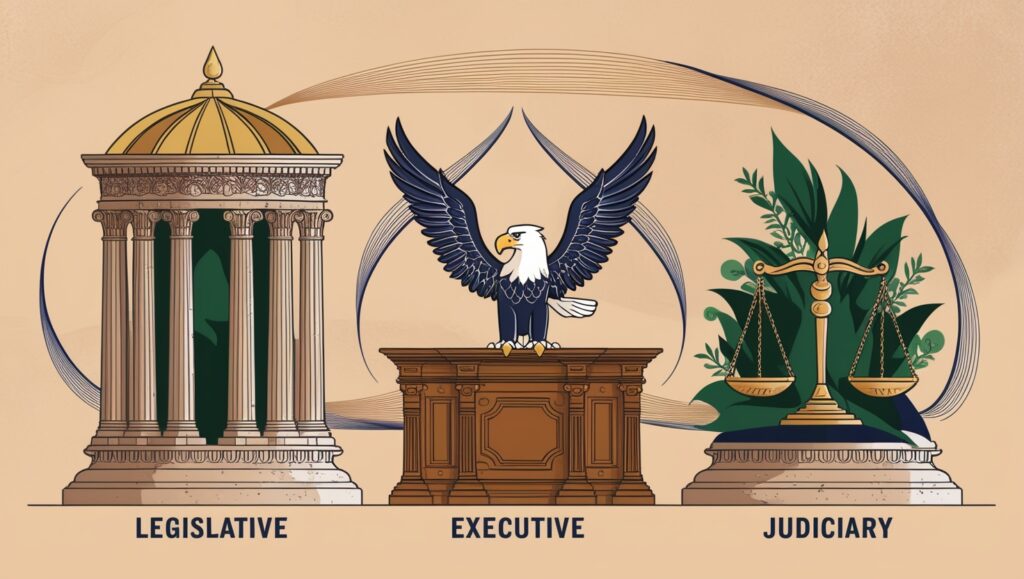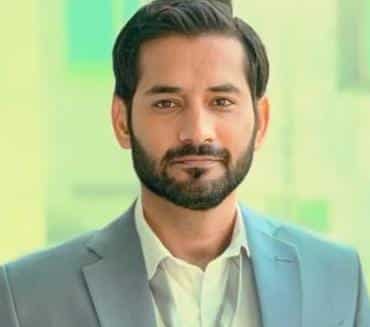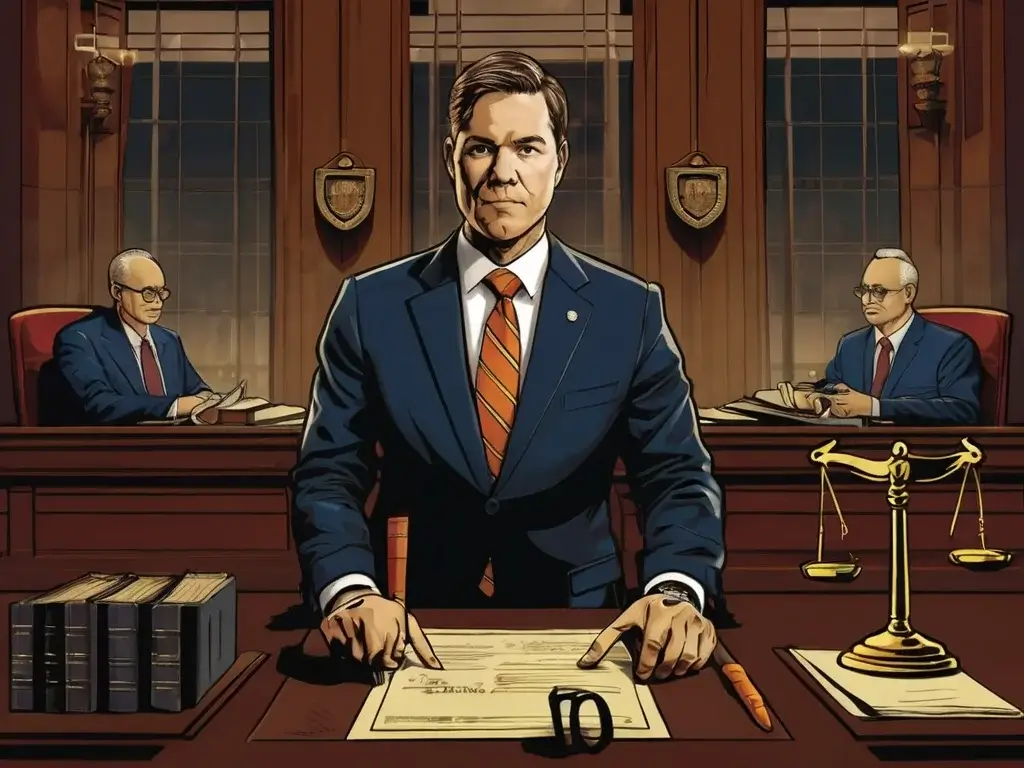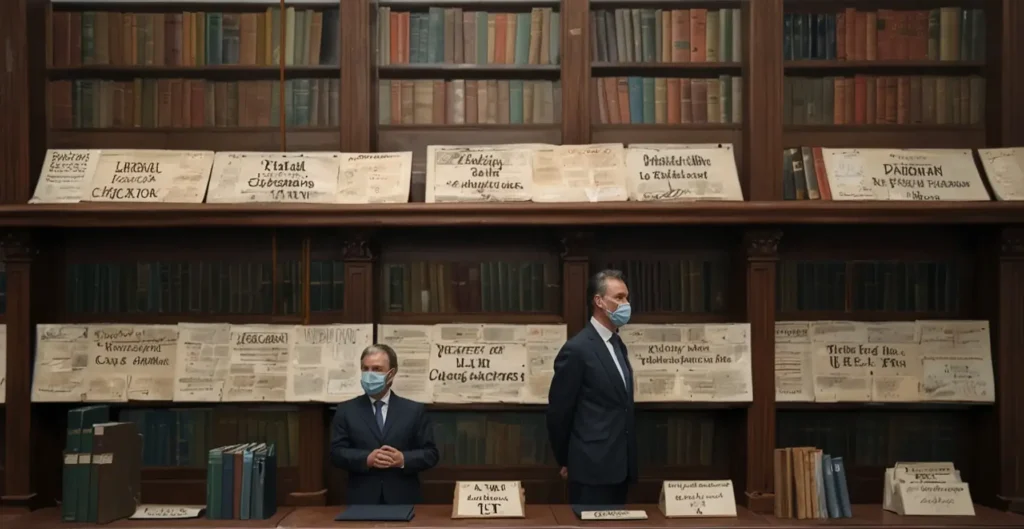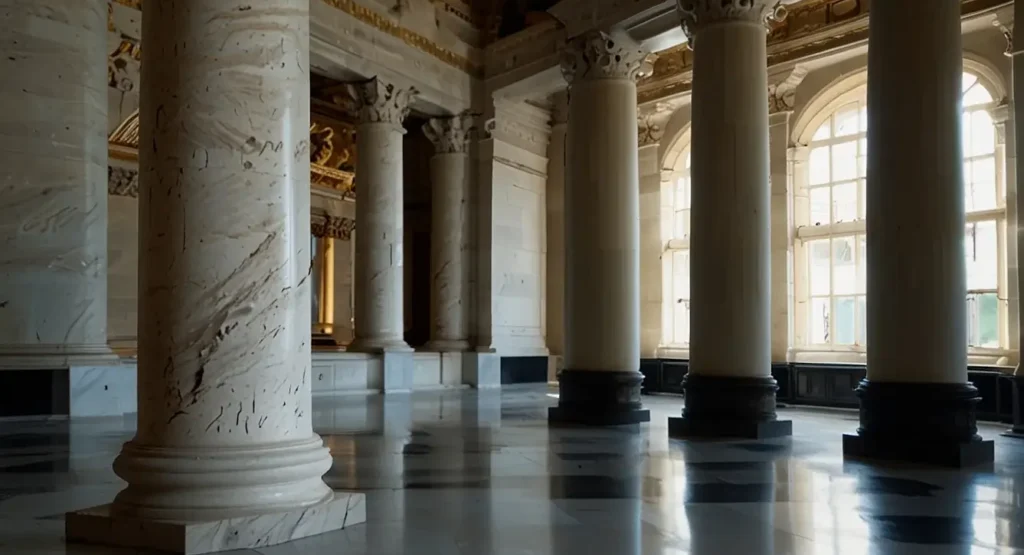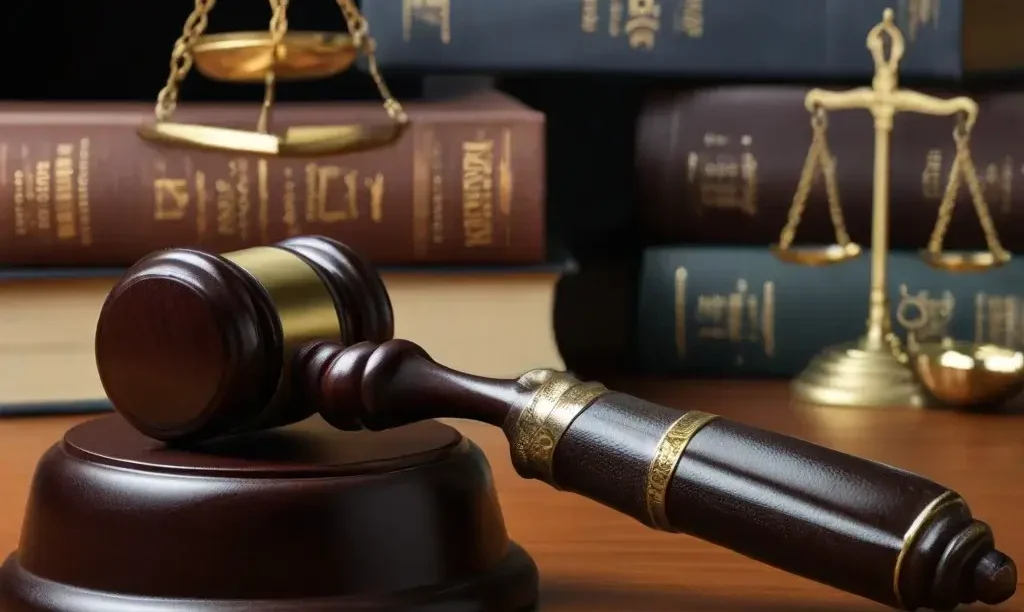A successful government depends on a harmonious system. There are different groups responsible for creating rules, enforcing them, and interpreting them. This promotes a sense of unity and equality among all parties involved.
Branches of Government
There are three branches of government or organs of the state which are discussed bellow;
Legislative
The primary role of the legislature is to enact laws, whether pertaining to social issues or other matters. The legislature enacts new laws and modifies or rescinds existing ones. A legislation is initially introduced to the legislature (parliament) as a bill or legislative proposal. The legislative process involves many phases of discussion and deliberation within the legislature. The legislature comprises the National Assembly and the Senate.
If accepted by the majority of its members at each level, it is deemed passed. Subsequently, it is presented to the head of State for his signature, therefore transforming it into an act or law. In all contemporary democratic governments, the legislature exercises authority over national finances; it possesses the ability to provide funds to the government, which cannot levy taxes without prior consent.
The legislature, being the representatives of the populace, serves as the guardian of their interests and public funds. It oversees government revenue and spending, evaluating them via discussions and the approval of the national budget, which is submitted to the legislature before to the commencement of a new financial year. The cabinet is accountable to the legislature. The legislature monitors the actions and policies of the governing cabinet.
Executive
The executive encompasses all state authorities, ranging from the highest authority, the president, to the lowest, such as a policeman or a Patwari, who implement and enforce the law and govern the country. In a restricted sense, it refers to the leaders of executive agencies who establish government policy, specifically the president and ministers or the cabinet. The executive formulates laws, while the administrators enforce them.
The executive ensures the correct execution of laws, however the major responsibility for their practical implementation in everyday administration lies with public services. The primary role of the executive is to uphold law and order. The administration is also obligated to protect the State from external threats or internal insurrection to maintain its integrity and security. The administration engages directly and actively in the legislative process.

The executive plays a vital role in the implementation of the law. All the social legislation that was passed in the past, as well as in the present, was implemented by the executive. For example, the offender of the law is arrested by the police officers who bring the offender to the magistrate, who makes a decision according to the situation. Thus, the police department and magistrate, who is the executive, play their role in shaping “Social legislation”.
Judiciary
The judiciary constitutes the third branch of government. It elucidates the law in certain circumstances. It safeguards the rights and freedoms of the citizens. Judges and attorneys significantly influence social laws. A youngster perpetrated an offense at the age of 12. Under the Bombay Children Act of 1921, the perpetrator is referred to as a “Juvenile offender.” He was apprehended by law enforcement and detained in a designated facility for adolescents. Distinct courts exist for various proceedings.
The attorneys endeavor to provide evidence in support of the defendant. Ultimately, judges render decisions based on the circumstances. Upon the presentation of a matter to a court, its primary obligation is to ascertain the facts, thereafter identify the relevant law, and render a decision accordingly. Consequently, the judiciary enforces the laws, determines and adjudicates rights, penalizes offenses, administers justice, and safeguards the innocent from harm and encroachment.
Occasionally, the law requires clarification due to unforeseen events by lawmakers, confusing statutory language, or conflicting relevant statutes. In adjudicating such issues, courts possess discretion in interpreting laws and rendering decisions based on principles of justice, equality, and reasonableness. In this manner, he not only enforces a rule but also formulates it. Such verdicts become precedents for other judges tasked with adjudicating like situations in the future.

